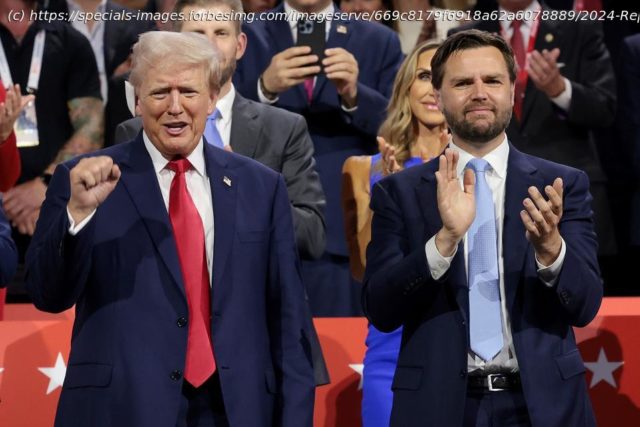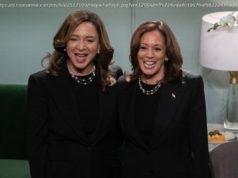While Trump 2.0 will certainly seek to roll back progress in some climate areas, the concerns about large-scale retreat are probably overblown.
Donald Trump is now formally anointed as the Republican nominee for the 2024 Presidential elections, with JD Vance, the junior senator from Ohio, as his running mate. Some commentators worry about climate backsliding during the second Trump administration. After all, during Trump 1.0, the US exited the Paris Climate Agreement and rolled back more than 100 domestic climate and health regulations.
In particular, these commentors are concerned that Project 2025, a policy document from the conservative Heritage Foundation, will guide Trump’s regulatory and administrative efforts. This document calls for eliminating restrictions on fossil fuel drilling on public lands, scaling back federal subsidies for renewable energy technologies, scrapping energy efficiency standards for appliances, and easing environmental permitting restrictions.
While Trump 2.0 will certainly seek to roll back progress in some climate areas, the concerns about large-scale retreat are probably overblown. First, because climate policy is already facing local resistance, the additional impact of Trump 2.0 on climate backsliding is uncertain. Second, Trump might face a pushback from his own party should he seek to roll back legislations that distribute monies. Finally, the US is no longer a leader in international climate policy. China dominates decarbonization technologies and their supply chains. Thus, it is not clear how Trump 2.0’s disengagement with global climate policy might affect climate policy trajectory worldwide.
Ongoing Backlash to Climate Policy
Climate policy has hit speed bumps even during Biden 1.0. While individuals are often wary to pay for projects with global benefits, with inflation and economic insecurity, individuals are more sensitive to climate policies that impose personal costs. This is why New York’s Governor Kathy Hochul canceled congestion pricing. Energy cost issues might motivate Washington’s voters to repeal the Cap and Invest policy in November. The auto industry has scaled back its plans to switch over to electric vehicles (EVs) because consumers do not like their higher sticker price (even with generous federal subsidies).






